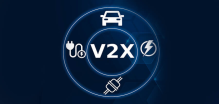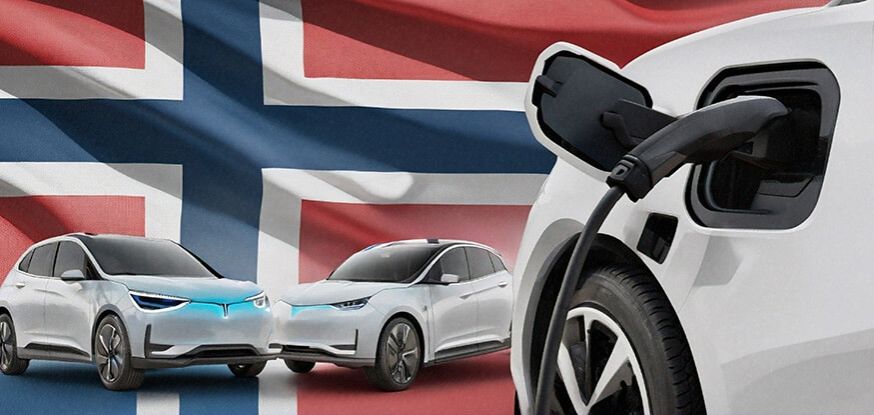Norway leads the charging infrastructure, boasting a network of 27,000 public charging stations, equivalent to 447 chargers per 100,000 residents.
As the transition nears completion, Deputy Transport Minister, Cecilie Knibe Kroglund, expressed optimism about achieving the country’s 2025 target to phase out the sale of fossil fuel vehicles.
Accelerating EV Adoption through Government Initiatives
Norway’s journey towards complete EV adoption began in the 1990s with the introduction of tax incentives to make EVs more accessible.
Succeeding governments have built upon this foundation, implementing a range of policies that exempt EVs from value-added tax (VAT), import duties, and other taxes on low-emission vehicles while simultaneously increasing taxes on petrol and diesel cars.
EV owners benefitted from free parking, reduced road tolls, and access to bus lanes. Despite winter conditions potentially limiting the EV’s range, Norway provides a network of over 27,000 public chargers for charging accessibility. The country’s extensive support for strategic policy initiatives has established EVs as the most economically advantageous option.
The impact of these policies is particularly evident at Harald A. Moller, a Volkswagen dealership in Oslo. In early 2024, the dealership ceased the sale of internal combustion engine (ICE) vehicles and exclusively focused on electric models.
A Resounding Success in EV Adoption
Harald A. Moller’s CEO, Ulf Tore Hekneby, noted the inevitable advancements in EV technology, particularly in range and charging speeds, have prompted customers to shift from traditional gasoline-powered vehicles.
Norway’s renewable energy sources play a significant role, with hydroelectric power accounting for 88% of the country’s electricity production. This ensures the energy used to power EVs is cost-effective and sustainable.
Christina Bu, Secretary General of the Norwegian EV Association, aligns the country’s remarkable success with consistent and strong policies, long-term planning, and financial incentives as factors to overcome barriers to EV adoption.
This strategic initiative reflects Norway’s commitment to reducing emissions and reliance on fossil fuels, establishing a more sustainable future for its residents.



















